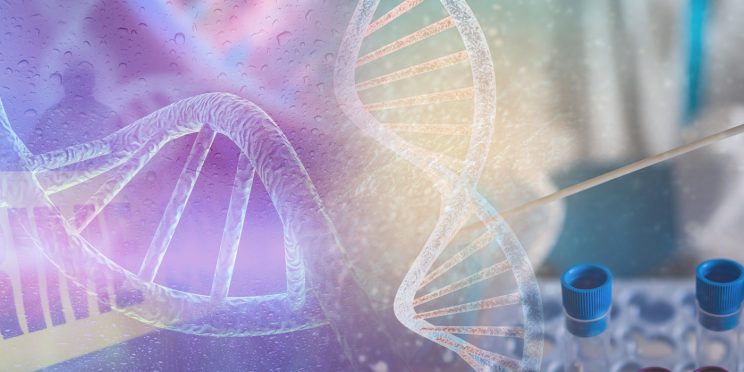NIJ's FTCOE, Palm Beach County Sheriff's Department, and Boca Raton Police Services Department
Date
November 2019
Overview
Implementing DNA technology in crime laboratories has led to the intensification of backlogged cases and a concomitant pressure to implement backlog reduction strategies. This report distills the challenges and long-term results of a Palm Beach County Sheriff’s Office (PBSO) 2009 National Institute of Justice grant-funded DNA backlog strategy to construct a centralized biological processing laboratory (BPL) at the Boca Raton Police Services Department (BRPSD) and is still used today with some enhancements. The BPL strategy had three goals:
1) Provide expedient serological screening results to the three largest, southern-most Palm Beach County law enforcement agencies (LEAs), including the Boynton Beach Police Department (BBPD), Delray Beach Police Department (DBPD), and BRPSD.
2) Prioritize prescreened crime scene evidence for DNA analysis by providing the evidence to the PBSO Forensic Biology Unit (FBU).
3) Demonstrate a sustainable approach to reduce DNA backlogs by creating a model for other jurisdictions.
Funding for this Forensic Technology Center of Excellence report was provided by the National Institute of Justice, Office of Justice Programs, U.S. Department of Justice.
The opinions, findings, and conclusions or recommendations expressed in this report are those of the author(s) and do not necessarily reflect those of the U.S. Department of Justice.
Contact us at ForensicCOE@rti.org with any questions and subscribe to our newsletter for notifications.




